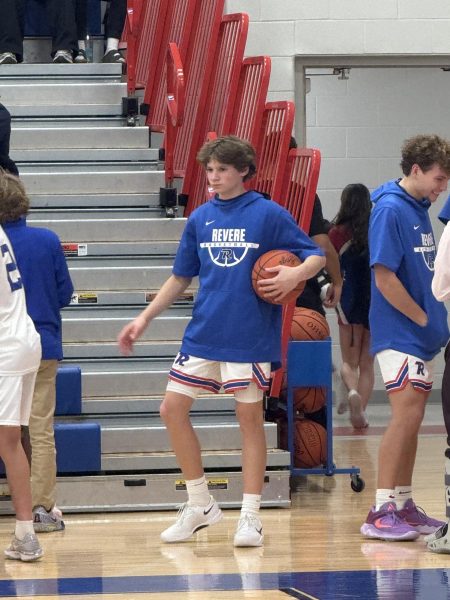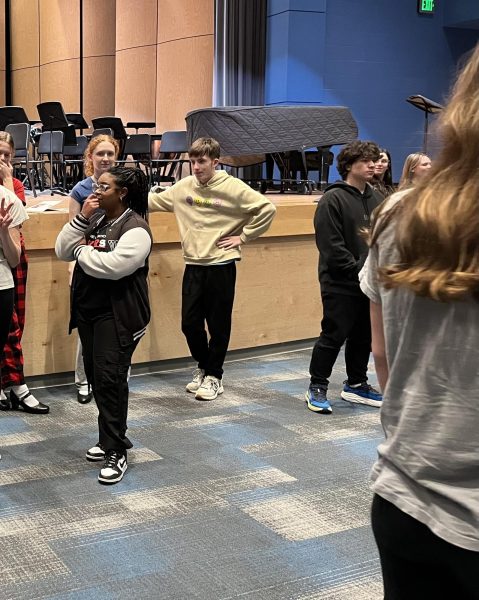Sophomore competes in powerlifting
Ariel Brinker walked into the gym wearing a jacket and sweatpants. Her muscles started out stiff as she prepared for her lifting competition. She did all her lifts with small amounts of weight, adding plates as she warmed up. When she had reached the weight of her working set, she was ready.
Sophomore Brinker attended the Orlando powerlifting competition after her qualification for states earlier this year in June.
In powerlifting, athletes attempt to lift as much weight as possible for one repetition in the squat, bench press, and deadlift. The sport categorizes these lifters by body weight and age to make competition even. Each competitor gets three attempts in each of the three lifts, with the goal of registering a higher total amount lifted than the other athletes in their age and weight class. Brinker started training for powerlifting during winter break last year and went to her first competition in April 2017. Brinker further elaborated how she got involved in the sport and why.
“I got involved in powerlift because I was having a lot of body issues. My dad had been [powerlifting] for about five years and has significantly changed his body composition, and I hope to do the same,” Brinker said.
Her coach and father Ron Brinker found out about the sport roughly five years ago when a friend introduced it to him. He started lifting with some friends in early 2013 with a workout routine called Stronglifts 5×5. This workout started with an empty barbell, and he added five pounds every workout. Once he had done this for about six months, a friend introduced him to powerlifting. As a knowledgeable member of the sport and competitor himself, he found coaching Brinker an easy task.
“I coach Ariel by teaching her the correct form for the lifts and helping program her workouts. The powerlifts can cause injury if they are not performed correctly or if they are performed with too much weight. During competitions, I will plan her warm up weights and timing, suggest technical corrections that might enable her to lift more weight and help with attempt selection (choosing the weight for the next attempt),” he said.
Brinker’s mother, Renee Brinker, has supported Brinker’s decision to pursue powerlifting since the beginning. Renee formally practiced physical therapy, and she helps with Brinker’s nutritiony and as her cheerleader. Renee explained the key to Brinker’s dietary practice.
“Protein, protein, protein. Muscles cannot get bigger and stronger without a requisite amount of protein to metabolize. Other than that, there are no specific requirements; a healthy, balanced diet is all it takes. A positive for many lifters is that the amount of weight that these athletes move over a workout is very calorically demanding. That usually means that lifters can eat more calories than a less active person without gaining body weight. In fact, that is why many people get started in the sport,” she said.
Brinker works out three times a week for one to two hours. She does wish to continue lifting in college as she could possibly earn a full scholarship. Brinker’s participation in powerlifting has increased her self-confidence, and she hopes to share this newfound interest with her peers.
“I feel that powerlifting has given [Brinker] a boost in her confidence and self-esteem. It encourages her to focus on how her body performs and not so much on how it looks . . . . She would also like to start a Powerlifting Club at Revere, if any other students are interested,” her father said.
Brinker plans to represent Revere at the USA Powerlifting High School National Championship in Appleton, Wisconsin, in March of next year.





